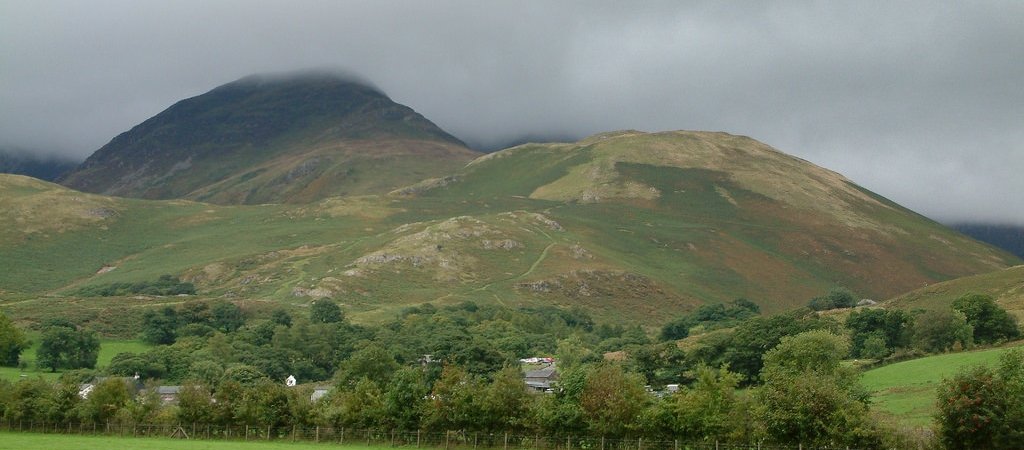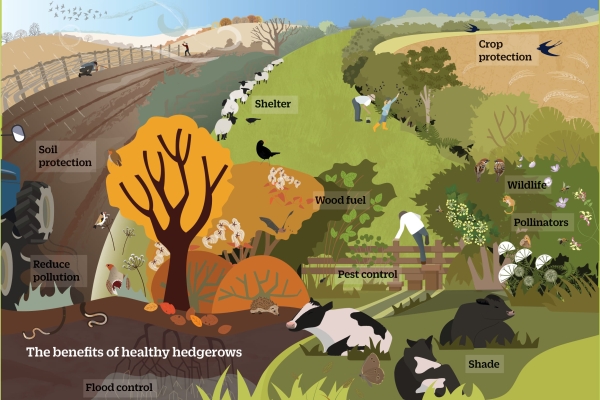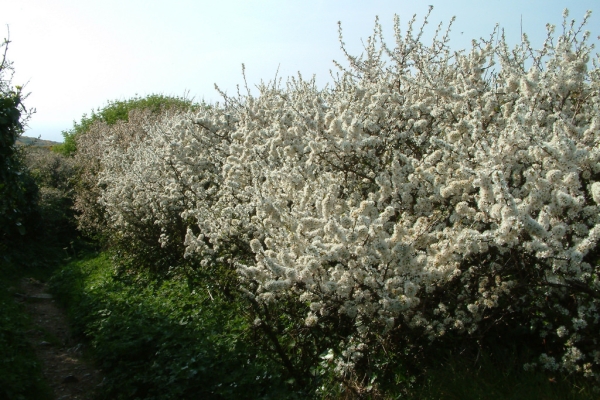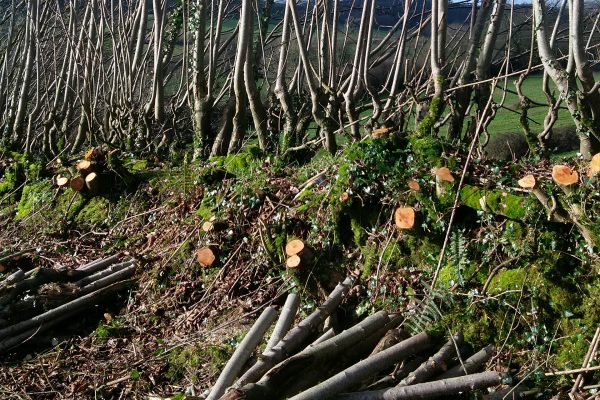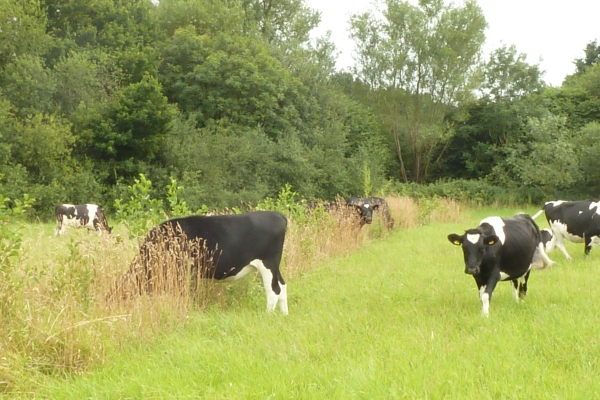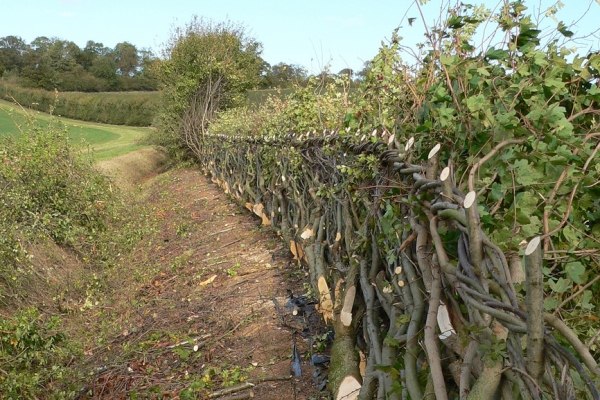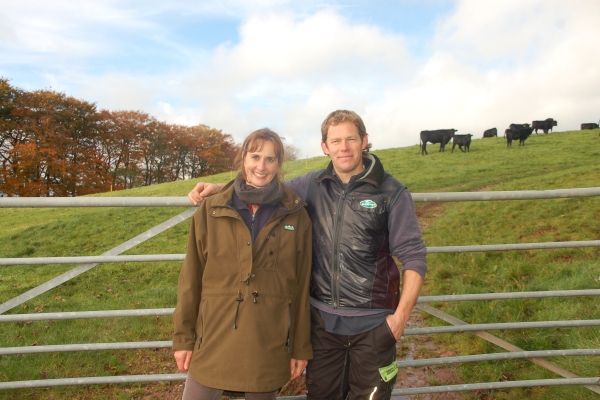Creating new hedgerows for livestock shelter in Cumbria
Cannerheugh Farm
Resource explained
This short Woodland Trust video features sheep farmer Paul Renison, at Cannerheugh Farm in Renwick, Cumbria, describing the reasons he and his wife have been working with the Woodland Trust to plant shelterbelts on the farm and the potential benefits they expect to gain.
Findings & recommendations
- Paul explains that one of the draw backs of living in this area is the strong Helm Wind. Through working with the Woodland Trust to plant trees to produce more shelterbelts, the main theory is there will be more lambs to sell at the end of the day – so the business will be more profitable. The aim is to have 100% outdoor lambing – shelterbelts should help increase the lambing percentage.
- The deep tree roots will also help with water infiltration in very wet periods during the winter, which should also bring benefits lower down the hill (reducing flooding).
- Once the lambs are on the ground they practice a rotational system – shelterbelts will also help with this as instead of having sheep set stocked they can rotate round each paddock and keep on top of the grass.
Related articles
This leaflet by the People's Trust for Endangered Species explains why and how to manage your hedgerows to make sure they’re in a good condition...
This Woodland Trust publication outlines the benefits that can be achieved from nurturing hedgerows and provides practical management tips.
Practical guidance with case studies on managing hedgerows for woodfuel and hedgerow products, as part of the farm business.
Trees and hedgerows can improve livestock welfare by providing shelter and scratching posts.
Results of a Centre for Ecology & Hydrology study that trialled five different methods of rejuvenating hedges, providing valuable insights.
"Our motivations for better grassland management are to be productive without the use of sprays and fertilisers, and to farm in an ecologically ‘right’ way...
